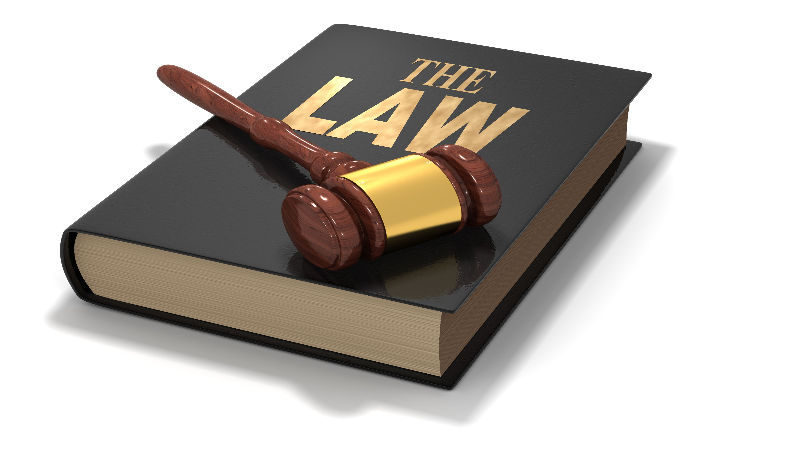Eminent domain in Long Island is a process by which the government, either local, state, or federal, is allowed to take privately owned property. They may take and own this private property or regulate it under the police power. In order to do this the government must provide fair compensation to the person who owns the property. There are four requirements in order for a private property to be eligible for eminent domain-it must be private property, the government must take the property, it must be turned for public use, and the owner must be provided just compensation.
Private Property
Private property is the first determinant of eminent domain Long Island; if the property is public it cannot be considered eminent domain. There are many private properties, which can be considered eminent domain including fixtures, stocks, leases, and land.
Taking
Taking is considered the second determinant of eminent domain in Long Island. This can refer to not only taking the whole property, but also to taking certain parts of the property. If the government takes anything off the land, such as timber, dirt, or rock, they will need to reimburse the owner just compensation. Taking may also refer to the process of lowering the property’s value. Examples of how a property’s value is reduced include accessibility problems and noise.
Public Use
The third determinant of eminent domain in Long Island is public use. This determinant can only be used if there is proof that the property will provide greater benefit to the general public than it is able to provide to the property owner. Examples of how the property can be used by the public include turning the property into trade centers, airports, and civic centers.
Just Compensation
The fourth and final determinant of eminent domain is just compensation. The amount must not only be agreeable to the property owner, it must also be fair to the public who will pay for it. There is no formula established to determine the exact amount of compensation. Frequently the compensation will be determined by the market value to the property-the amount that the property owner would be able to expect if they were selling the property at that time. Other factors may include the land, historical value of property, and any rental income based on the property. Negotiations may be reached between the property owner and a government agent in order to determine just compensation.
If you would like to know more about eminent domain Long Island, contact Jaspan Schlesinger Attorneys at Law. They can help you determine eminent domain in your situation.


